TPP: controversial trans-Pacific trade deal finally reached
US and Japan among countries to agree largest trade pact in two decades
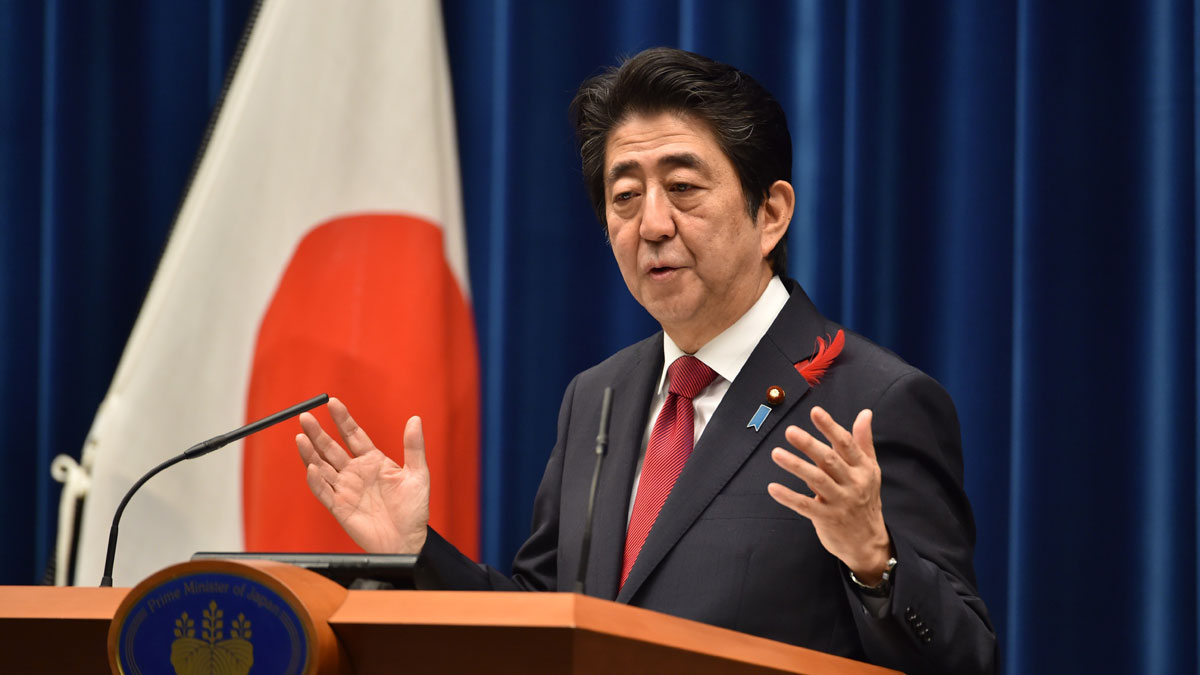
A free daily email with the biggest news stories of the day – and the best features from TheWeek.com
You are now subscribed
Your newsletter sign-up was successful
The US, Japan and ten other countries have reached a landmark deal touted as the largest trade pact in two decades.
The Trans-Pacific Partnership (TPP) will cover 40 per cent of the global economy, creating a new Pacific economic bloc with reduced trade barriers that "will set the rules for the 21st century for trade", said Barack Obama.
The deal, which has been five years in the making, represents a major victory for the US president and his Japanese counterpart Shinzo Abe.
The Week
Escape your echo chamber. Get the facts behind the news, plus analysis from multiple perspectives.

Sign up for The Week's Free Newsletters
From our morning news briefing to a weekly Good News Newsletter, get the best of The Week delivered directly to your inbox.
From our morning news briefing to a weekly Good News Newsletter, get the best of The Week delivered directly to your inbox.
According to The New York Times, the accord could prove to be "a potentially legacy-making achievement for President Obama, and the capstone for his foreign policy 'pivot' toward closer relations with fast-growing eastern Asia" in an attempt to counter the rise of China in the Pacific.
The deal has yet to be ratified by the US congress and other national assemblies, and in the face of Republican criticism it looks set to become "a new flashpoint for the 2016 Presidential campaign", says The Guardian.
Supporters say it could help reshape industries and influence everything "from the price of cheese to the cost of cancer treatment". Among the sticking points negotiators had to overcome were the length of monopolies awarded to developers of new biological drugs, workers' rights and environmental protection.
To opponents, the TPP deal is one the most controversial in living memory due to the secretive nature of negotiations and a perceived bias towards corporate interest at the expense of ordinary workers and farmers.
A free daily email with the biggest news stories of the day – and the best features from TheWeek.com
In what will be seen as an example of TPP being used by multinational companies to avoid government regulation, the tobacco industry has been excluded from a controversial arbitration mechanism.
Along with the US and Japan, the other countries included in TPP are Australia, Brunei, Canada, Chile, Malaysia, Mexico, New Zealand, Peru, Singapore and Vietnam.
Although China, the world's second largest economy, is not part of the deal it is hoped that it will eventually be forced to accept the standards put in place by the TPP.
TPPA: US optimistic about trans-Pacific trade deal
07 July
Negotiators working to establish a trans-Pacific free trade zone expect agreement to be reached by the end of the month, according to reports from the US.
The 12 nations negotiating the Trans-Pacific Partnership Agreement (TPPA), which would link 40 per cent of the global economy, hope to reach consenus on the creation of a vast trade zone stretching from Canada and Chile to Australia and Japan.
The European Commisson describes the EU as the "largest economy in the world", but the new Pacific trade zone would account for a larger share of the world's GDP, imports and exports.
The European Centre for International Political Economy reports that politicians on this side of the Atlantic have been reluctant to engage with the idea.
"It is not easy to give a 'European view' on the Trans-Pacific Partnership," it said last year, "but if there has been one, its revealing character has surely been the denial of the merits and feasibility of the whole enterprise."
The Americans have no such reservations. The TPPA would be the most ambitious trade accord in a generation, says the New York Times, and a legacy-defining achievement for Barack Obama.
The US president has repeatedly promised that he would deliver the most progressive trade accord in history, and he now insists that "the time for rhetoric has passed".
There are tough issues still to be resolved. These include questions over access to Canada's agriculture, and Australia's concerns over American pharmaceutical patent rules.
Also to be ironed out are disagreements over Peru's rain forest management, Chinese components in Vietnamese textile exports and labour organising rights in Vietnam and Mexico.
However, Washington is confident that a breakthrough can be reached. "It's not just US, but a number of other countries are reasonably confident negotiations can be concluded at this ministerial," said Daniel Price, who was a senior international economic adviser in George W Bush's White House.
Although Canada have made more cautious noises, Adam Taylor, a former senior adviser to international trade minister Ed Fast said he expects a deal to come together fairly quickly. "The train's leaving the station," he told the Globe and Mail. "You're either on or you're off. It ain't waiting for you."
Obama hosts Nguyen Phu Trong, the general secretary of Vietnam's Communist Party, at the White House today, with trade negotiations high on the agenda. Some of the most intractable issues in the proposed Trans-Pacific Partnership involve Vietnam.
-
 James Van Der Beek obituary: fresh-faced Dawson’s Creek star
James Van Der Beek obituary: fresh-faced Dawson’s Creek starIn The Spotlight Van Der Beek fronted one of the most successful teen dramas of the 90s – but his Dawson fame proved a double-edged sword
-
 Is Andrew’s arrest the end for the monarchy?
Is Andrew’s arrest the end for the monarchy?Today's Big Question The King has distanced the Royal Family from his disgraced brother but a ‘fit of revolutionary disgust’ could still wipe them out
-
 Quiz of The Week: 14 – 20 February
Quiz of The Week: 14 – 20 FebruaryQuiz Have you been paying attention to The Week’s news?
-
 How will China’s $1 trillion trade surplus change the world economy?
How will China’s $1 trillion trade surplus change the world economy?Today’s Big Question Europe may impose its own tariffs
-
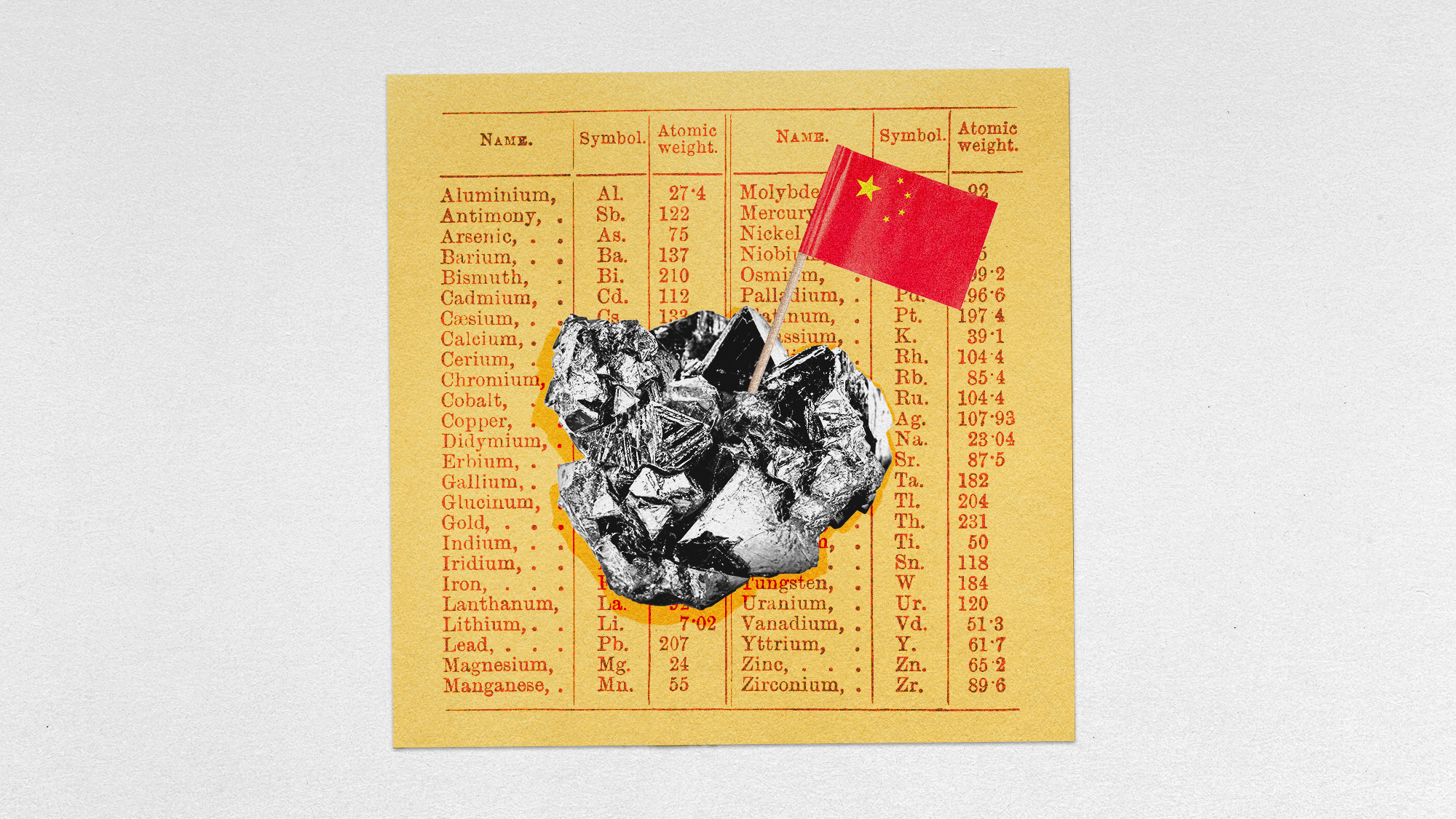 China’s rare earth controls
China’s rare earth controlsThe Explainer Beijing has shocked Washington with export restrictions on minerals used in most electronics
-
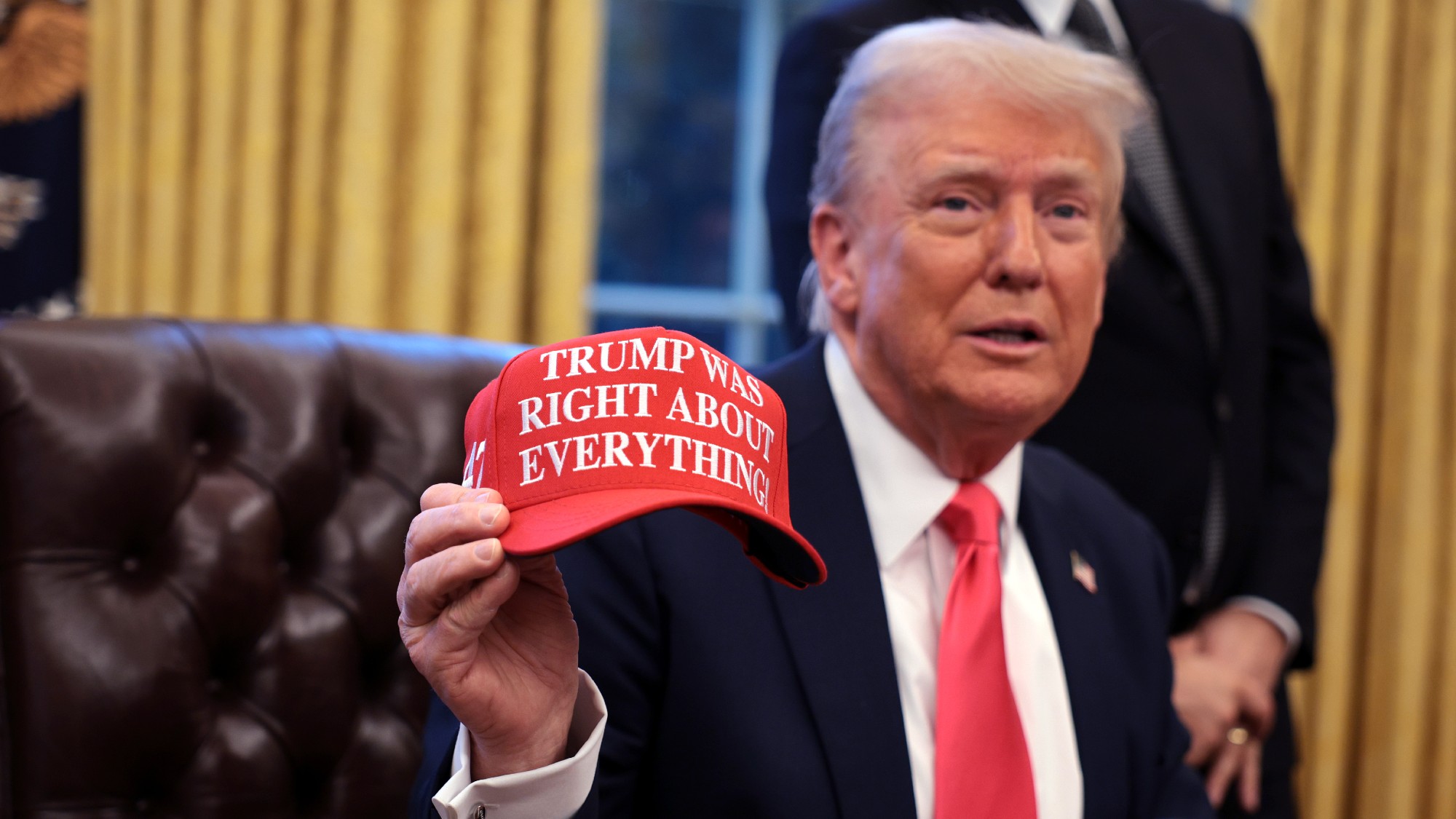 Is Trump's tariffs plan working?
Is Trump's tariffs plan working?Today's Big Question Trump has touted 'victories', but inflation is the 'elephant in the room'
-
 Why the world's busiest shipping routes are under threat
Why the world's busiest shipping routes are under threatThe Explainer Political tensions, mega ships and global warming offer new challenges – and opportunities
-
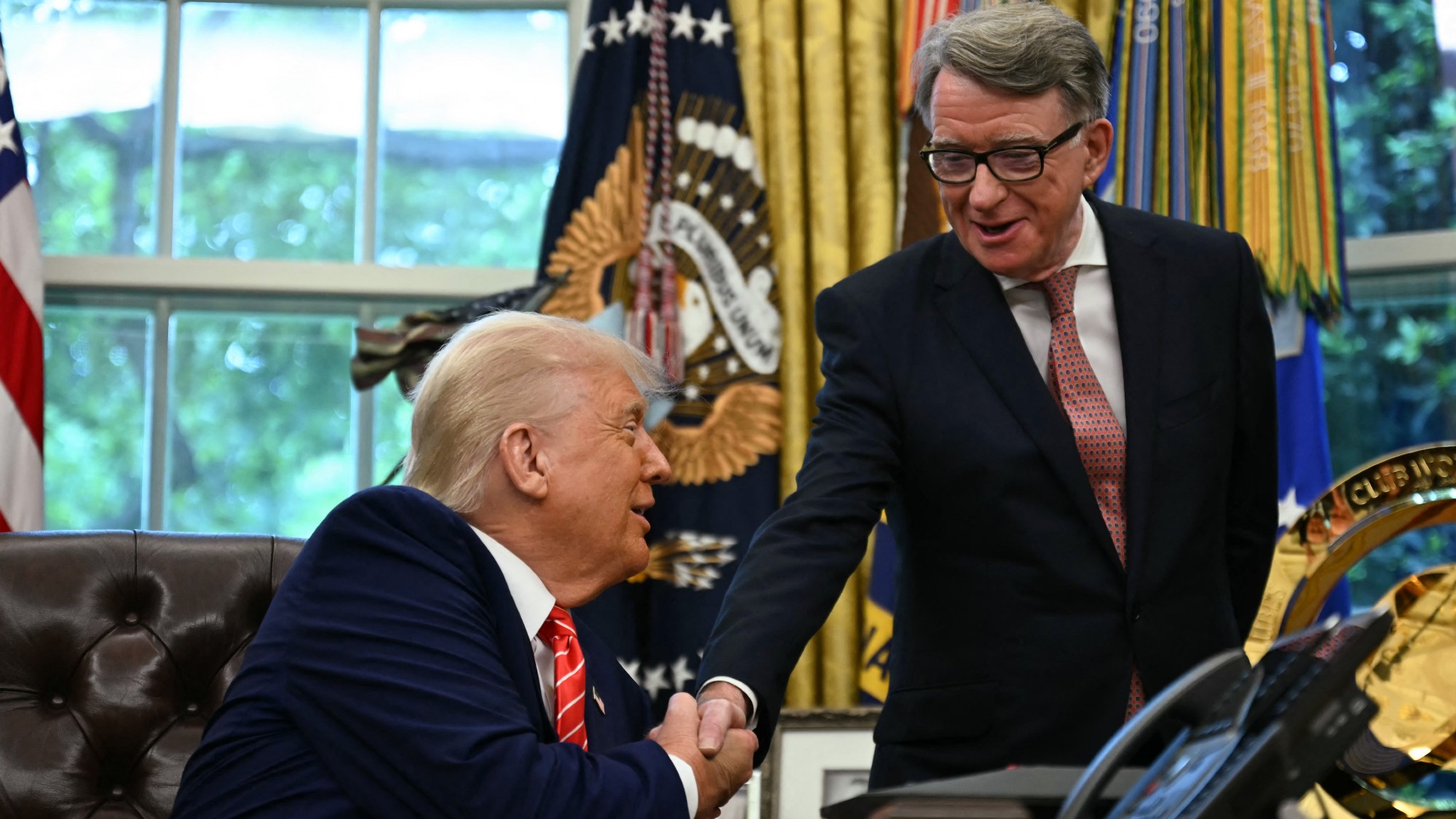 The UK-US trade deal: what was agreed?
The UK-US trade deal: what was agreed?In Depth Keir Starmer's calm handling of Donald Trump paid off, but deal remains more of a 'damage limitation exercise' than 'an unbridled triumph'
-
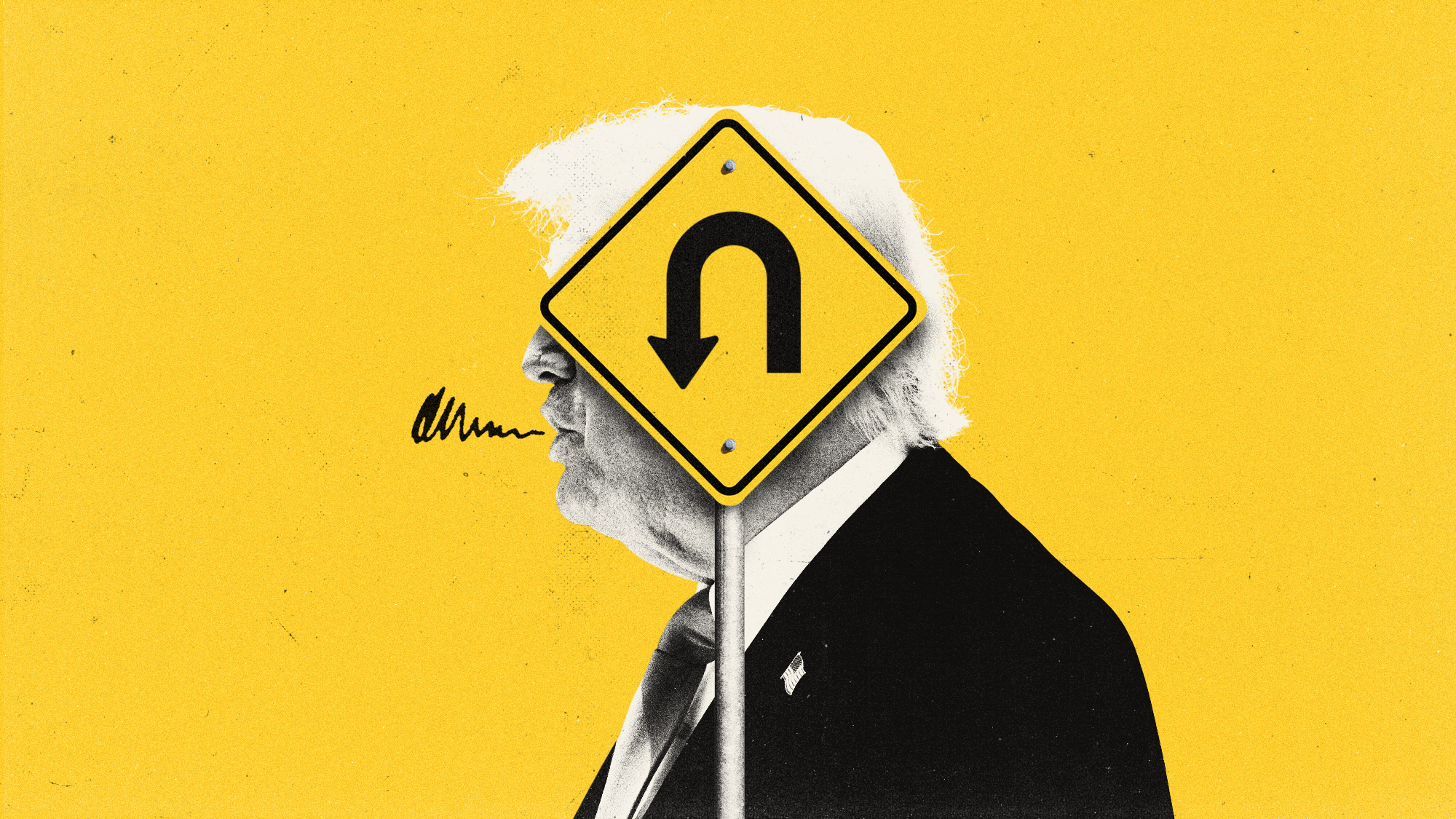 Trump vs. China: another tariff U-turn?
Trump vs. China: another tariff U-turn?Today's Big Question Washington and Beijing make huge tariff cuts, as both sides seek 'exit ramp' from escalating trade war
-
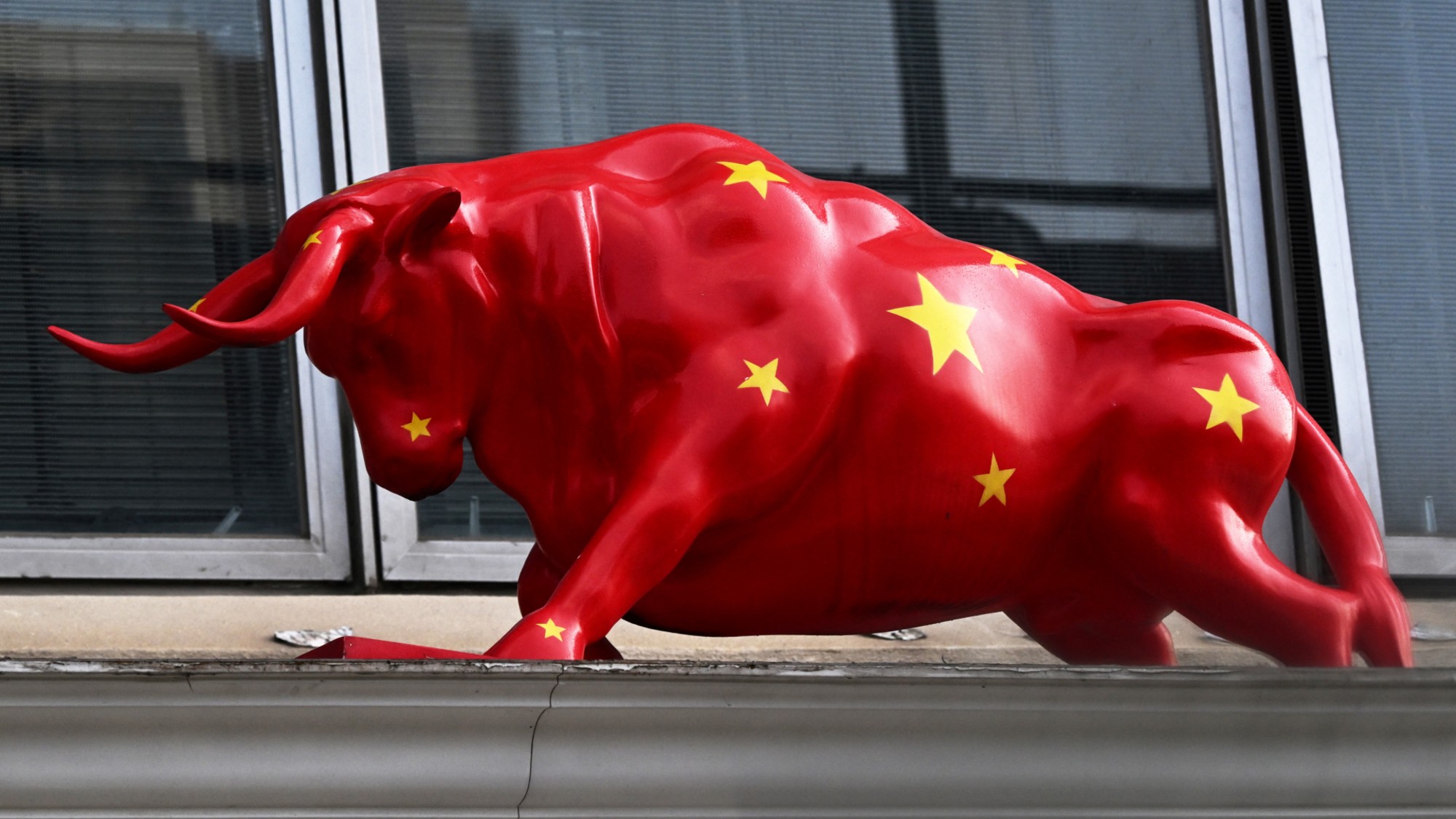 Who would win in a China-US trade war?
Who would win in a China-US trade war?Today's Big Question Tariff pain will be higher for China but Beijing is betting it can weather the storm
-
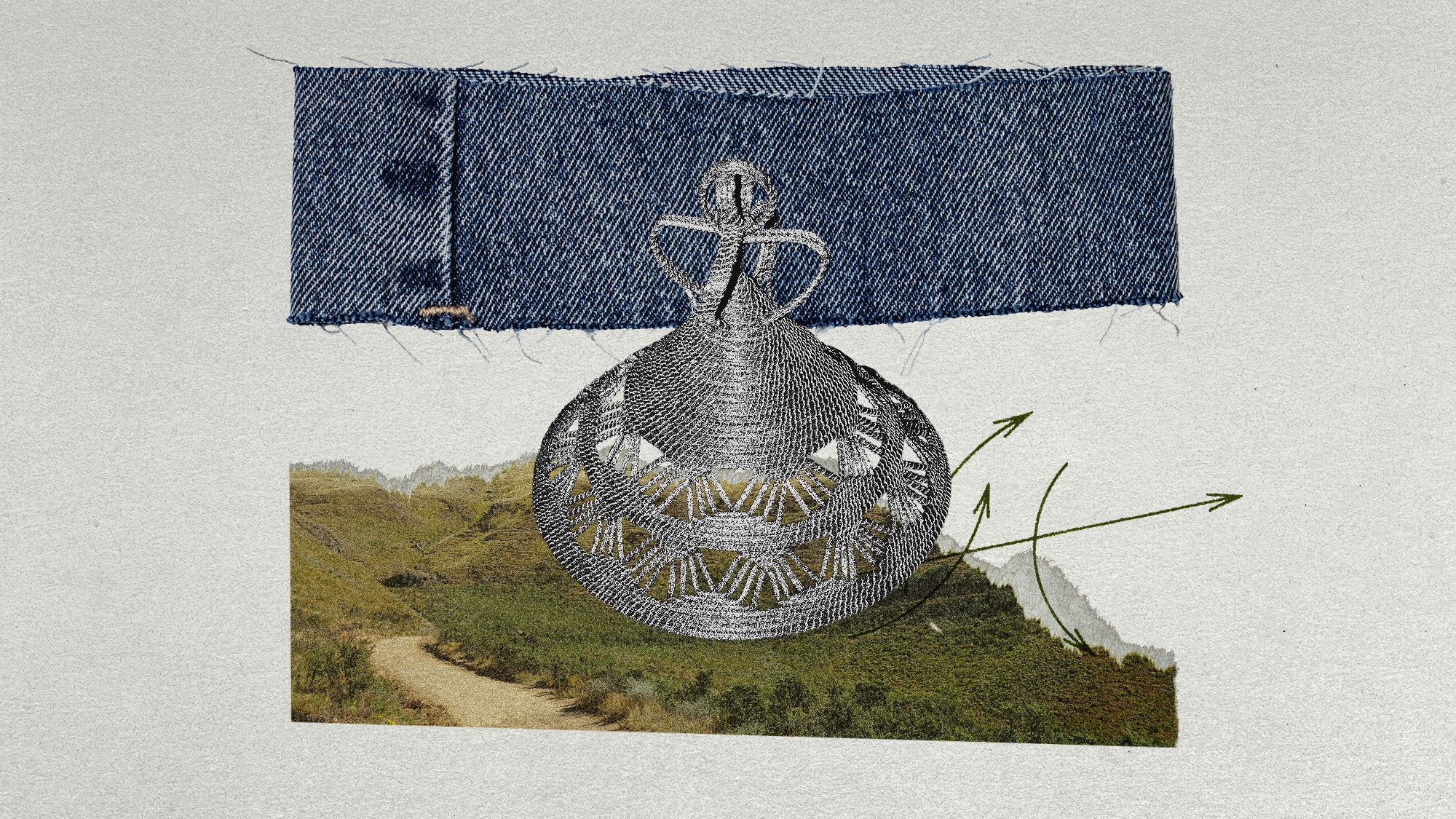 Lesotho: the tiny African nation in the crosshairs of Trump's tariff war
Lesotho: the tiny African nation in the crosshairs of Trump's tariff warUnder the Radar US president imposes 50% reciprocal levy on the impoverished state: the highest of his so-called 'Liberation Day' tariffs